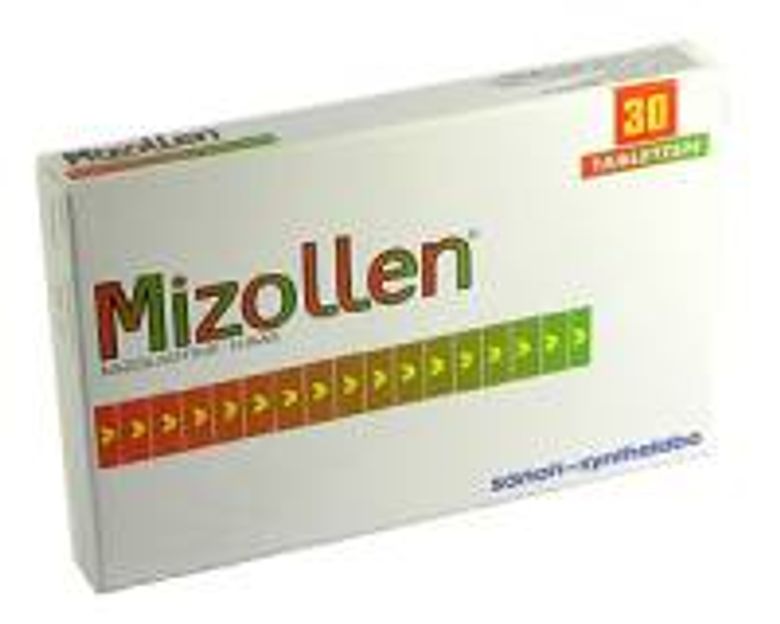Hay fever is an allergic reaction where the body becomes sensitive to the pollen from certain trees, plants, shrubs, grasses, or flowers. While some individuals are allergic to a specific type of pollen, others may be hypersensitive to various pollen species.
Hay fever symptoms only manifest during the flowering period of the allergenic plant or flower, which is why it is medically referred to as seasonal allergic rhinitis. Typical symptoms of hay fever include sneezing, a tickling sensation in the nose or throat, a runny or congested nose, itchy and watery eyes, coughing, tightness in the chest, a dry mouth, a burning sensation in the mouth, an itchy palate, hives, and swollen skin.
The allergic response in hay fever is caused by the body's release of histamine, which dilates blood vessels in the mucous membranes and stimulates certain nerve endings, leading to the characteristic symptoms.










